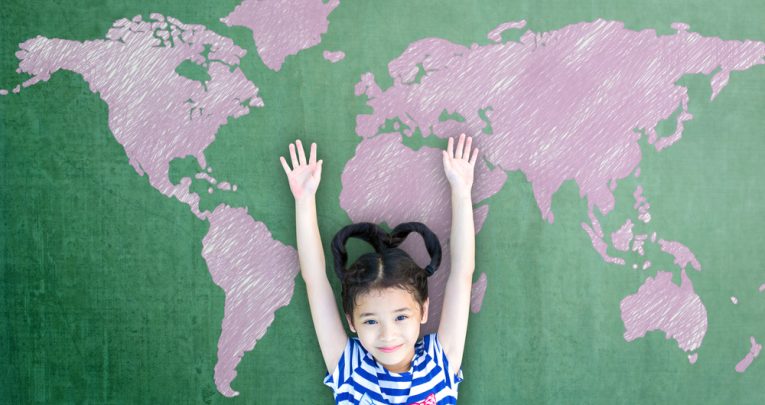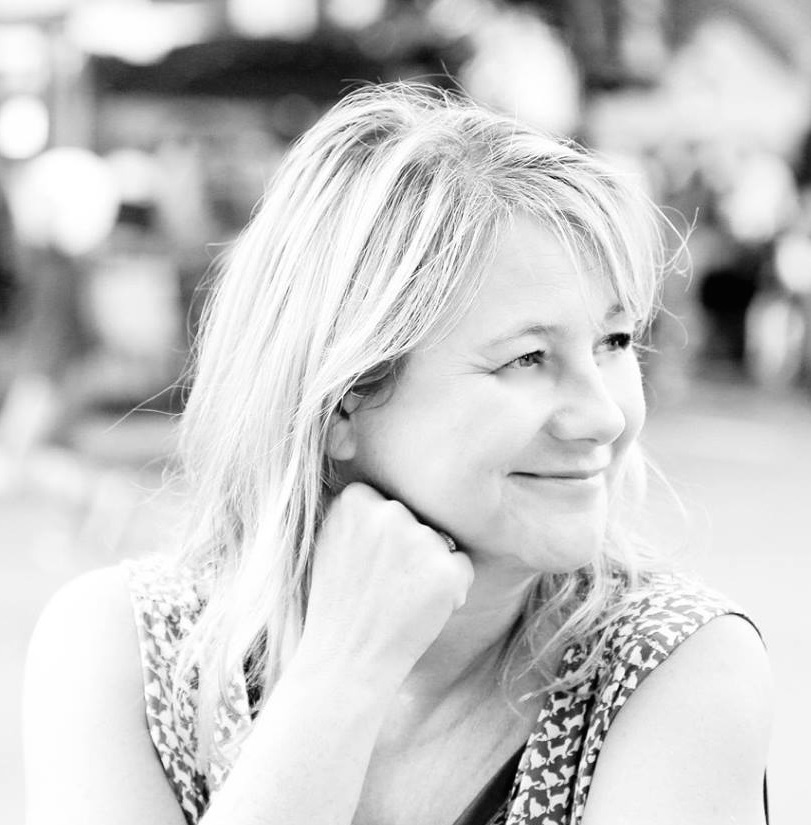‘It’s Hard To Imagine A Politician-Free Education System – Unless You Look To International Schools’

No formal testing and bilingual seven-year-olds equipped to change the world? Yes please, says Debra Kidd…

- by Debra Kidd
- Educator, author and speaker with over 30 years in teaching Visit website

We often hear that politicians should stay out of education, but the truth is they will always want to ensure they’re getting out, financially speaking, what they are putting in.
Of course, in reality, they’re not putting anything in – we are – but you get the idea. So it’s hard to imagine what a politician-free education system might look like. Unless, of course, you look to the international schools system.
Think, connect and inquire
The IB diploma for 16 to 18-year-olds is fairly well known, but the International Baccalaureate actually begins in the primary phase with the Primary Years Programme (PYP). Russell Group universities recently dropped their offers for IB students, recognising the wide range of skills and aptitudes they bring with them, so it comes as no surprise that the IB is the leading qualification choice in international schools. The PYP is not obsessed with testing, phonics, grammar or subject specific knowledge. It is interested in building the capacity of the child to think, connect, and inquire – in short, to combine her prior knowledge with new experiences in order to question, consider and refine her understanding of the social and natural world. The IB mission statement speaks of a peaceful and caring world in which students learn to recognise that “Other people, with their differences, can also be right.”
It is a curriculum model steeped in moral purpose and crafted with care. Changes to the curriculum are made only after five-year consultations with teachers, leaders and examiners. Subjects are, until the diploma stage, largely cut across by conceptual links and understanding. There is great emphasis on the global community, through languages, cultural understanding and studies into populations and climate.
Changing the world
Recently, working in Singapore with primary children, I was amazed at their understanding of complex environmental issues. I was told all about the impact of man’s use of palm oil on native species and habitats. I was given eight alternatives to trees being used for paper. I was patiently told about the species of animals already extinct and those on the brink of extinction.
No-one mentioned front-loaded adjectives. They seemed more concerned with saving wildlife. “You know,” said one nine year old “it’s not beyond the realms of possibility that the human race might one day have forced itself into extinction.” “But there’ll still be insects,” her friend reassured me. At the Atlanta International School, children enter the school at the age of three in nursery classes and opt into one of three languages. They are then taught only in that language for two years, and once they enter Grade 1, for 50 per cent of their timetable. By the time they are seven, most are bilingual.
The acquisition of the language comes through immersive talk and interaction. Being able to communicate in a second language is seen as critical to developing internationally minded pupils with the capacity to change the world.
Testing questions
So what can we learn from this model, given that it would be very difficult – not to mention expensive – for a state school here to adopt it? Well, I think it’s a good thing to see a globally admired system challenging the assumption that learning should be shoe horned into boxes called ‘subjects᾿ – that it encourages cross curricular, conceptual connections. And its success forces questions about our testing culture. These children will not be formally tested in primary school at all. They are assessed by their teachers in all kinds of ways, but not subjected to standardised testing. There is an inherent belief in the right of the child to a childhood full of play and discovery, but this is not discovery-led learning. It is learning informed by deep thinking, experience, talk, activity and community interaction. It is pedagogically rich. We could learn a lot by simply thinking about how we adapt what we have to encourage deep, dilemma-led learning, with the aim of making the world a better place. We could take the ideas of community, action and service from the IB and think about how our schools interact with the world and people outside its walls. We may not be an IB school, but we can be IB-minded.
Debra Kidd has worked in education for over 20 years, teaching children from the ages of four right through to post-graduate students. She currently delivers CPD both nationally and internationally – for more information, visit www.debra-kidd.com or follow @debrakidd










